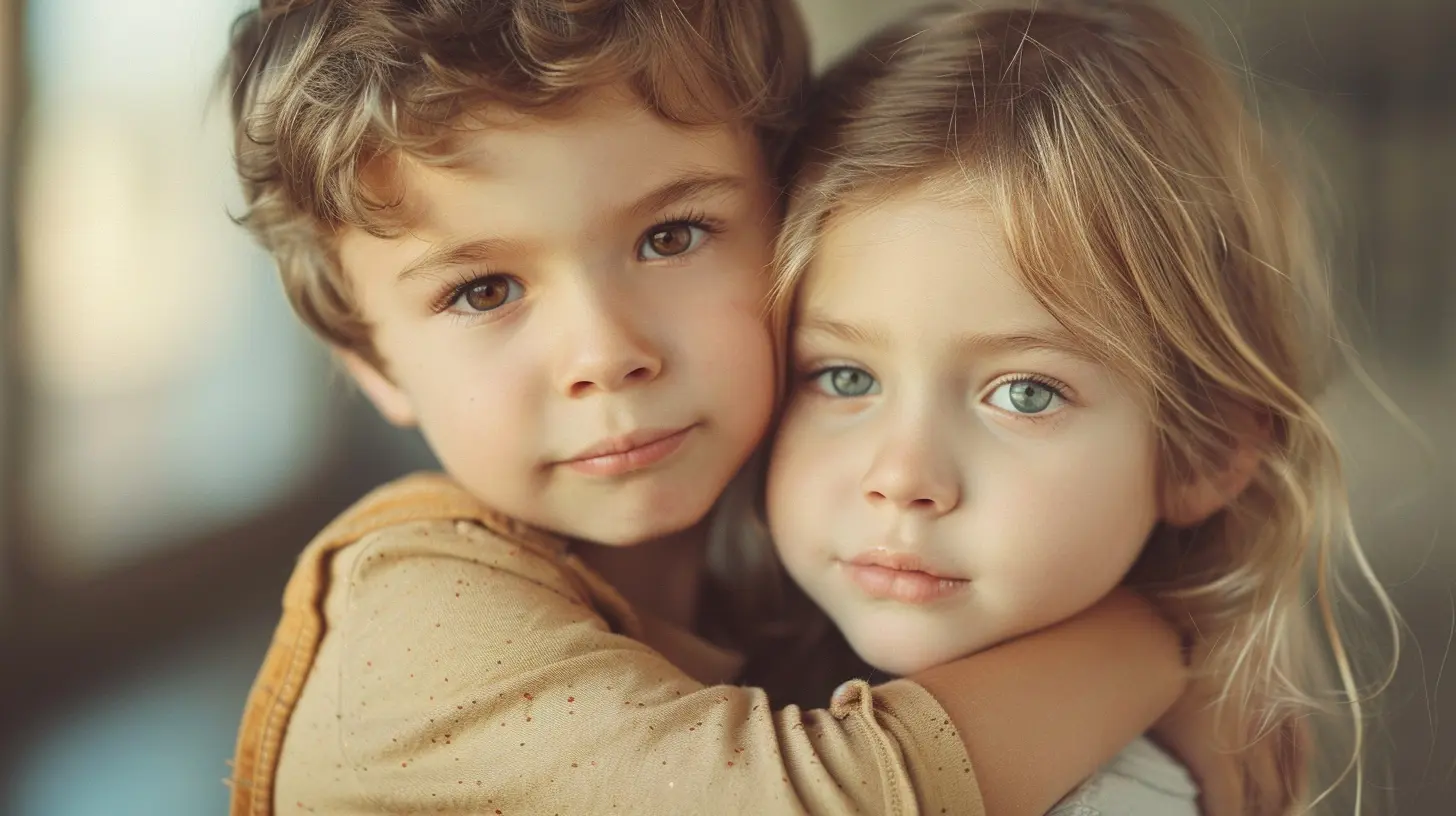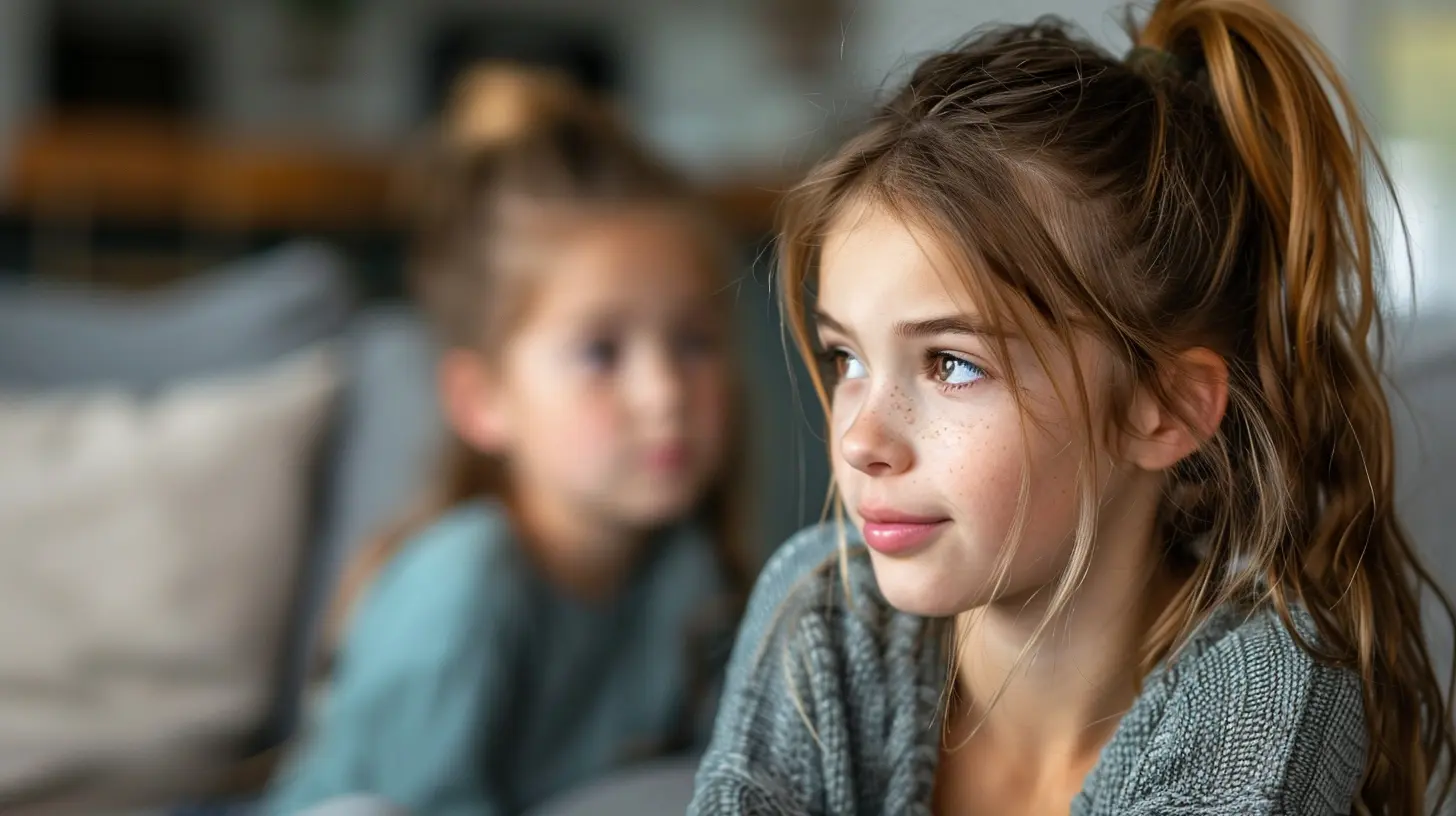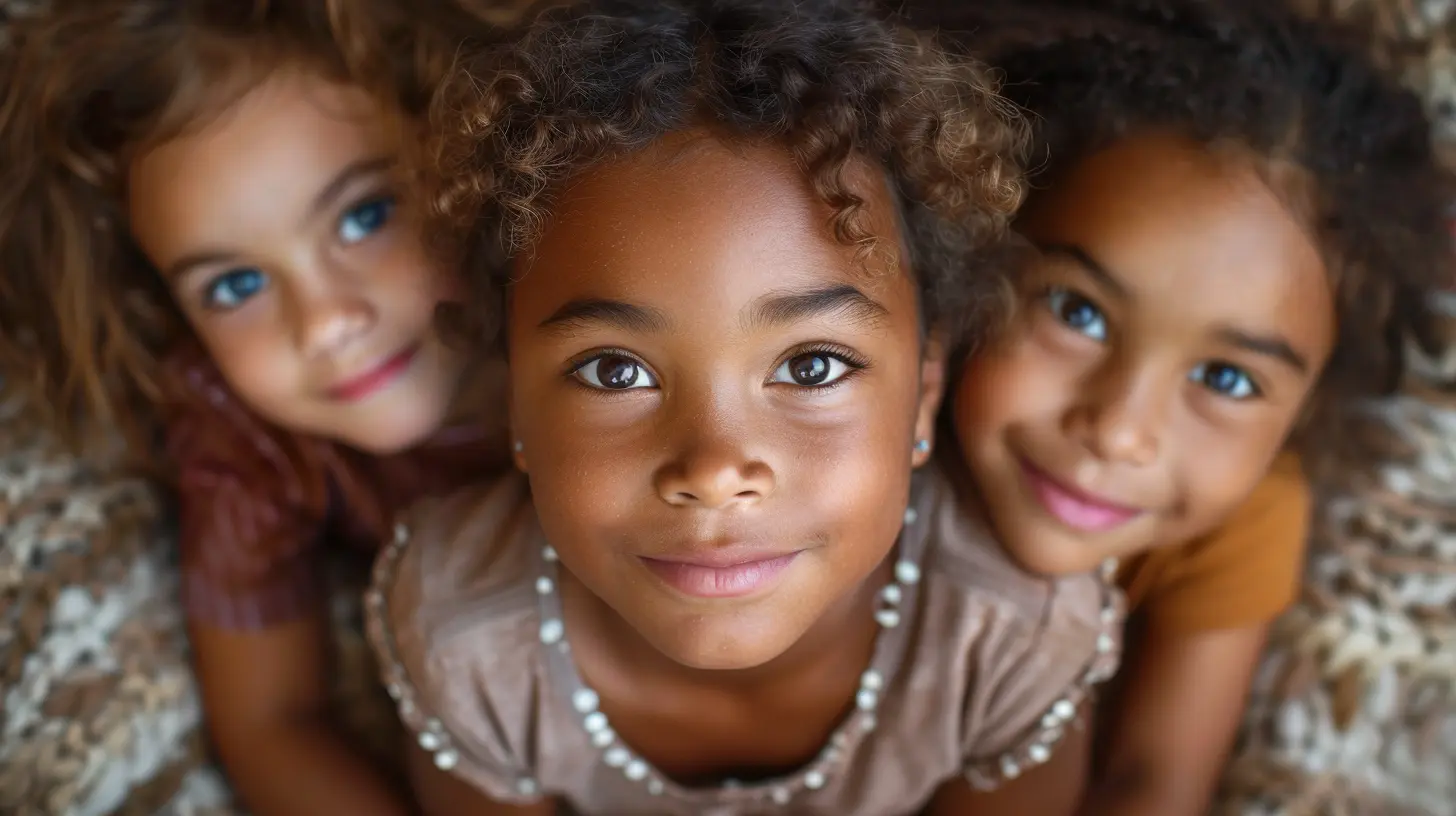The Role of Empathy in Positive Parenting
25 September 2025
Parenting is tough. It’s a journey filled with sleepless nights, endless questions, and moments of self-doubt. But if there’s one superpower that can make the job easier and more fulfilling, it’s empathy. Understanding your child’s emotions, validating their feelings, and responding with kindness can transform the parenting experience—for both you and your little one.
So, what exactly is empathy, and why does it play such a crucial role in positive parenting? Let’s dive deep into its significance, how it shapes parent-child relationships, and practical ways to incorporate empathy into your daily parenting routine.
What Is Empathy in Parenting?
Empathy—the ability to understand and feel what someone else is experiencing—is the foundation of positive parenting. It means stepping into your child’s shoes, seeing the world from their perspective, and responding with patience and compassion.Imagine your toddler is crying because their block tower fell down. Instead of dismissing their frustration with, "It’s just blocks, stop crying," an empathetic response would be:
"I see you're really upset that your tower fell. That must be frustrating! Do you want to try building it again together?"
This simple act of acknowledging their feelings rather than brushing them off teaches children that emotions are valid—and that they can trust you to understand them.
Why Is Empathy Important in Positive Parenting?
Empathy isn't just about making kids feel good—it plays a key role in their emotional and psychological development. Here’s why:1. Builds a Strong Parent-Child Bond
When kids feel seen and heard, they build a strong emotional connection with their parents. This bond becomes the foundation for a secure attachment, which makes them feel safe to express themselves and seek support when needed.2. Teaches Emotional Intelligence
Children learn by example. When parents model empathy, kids pick up on it and develop higher emotional intelligence—understanding their own emotions and responding sensitively to others’. This skill benefits them in friendships, school, and later in adulthood.3. Reduces Behavioral Issues
A child who feels understood is less likely to act out for attention. Often, tantrums and misbehavior stem from frustration and the feeling of being unheard. Responding with empathy de-escalates situations and helps children learn better ways to communicate their needs.4. Encourages Open Communication
Kids who grow up in an empathetic environment learn that it’s okay to express emotions without fear of judgment. This trust fosters open conversations, making it more likely that kids will turn to their parents for guidance as they grow older.5. Promotes Self-Worth and Confidence
Feeling validated helps children develop self-esteem. When they know their feelings matter, they become more confident in expressing themselves and making decisions.
How to Practice Empathy in Everyday Parenting
Let’s get practical. How can we, as parents, show empathy in our daily interactions with our kids? Here are some simple but powerful techniques:1. Listen Without Interrupting
Have you ever been cut off mid-sentence? Frustrating, right? Kids feel the same way when we rush to correct or dismiss their words. Practice active listening by:- Getting down to their eye level
- Maintaining eye contact
- Nodding or giving verbal acknowledgments ("I hear you," "That sounds tough")
Sometimes, just listening is enough to make them feel understood.
2. Validate Their Feelings (Even If They Seem Small)
What seems trivial to us might be a big deal to a child. Saying things like, “Oh, that’s nothing to cry about” minimizes their emotions. Instead, try:- "I see you're feeling sad. That must be hard."
- "You're angry because your toy broke. I understand why that upsets you."
Validation doesn’t mean agreeing with every emotion, but it does show that you acknowledge their feelings as real and important.
3. Name Their Emotions
Young children don’t always have the vocabulary to express how they feel. Help them out by naming their emotions:- "You seem frustrated because your puzzle piece won’t fit."
- "I can tell you’re excited about your birthday party!"
When kids learn to identify their emotions, they feel more in control and are less likely to express them through tantrums or outbursts.
4. Teach Problem-Solving Skills with Empathy
Instead of immediately imposing a solution, guide kids toward finding their own. For example:- Instead of: "Stop crying and just share your toy!"
- Try: "I see that you're upset because you don’t want to share right now. How do you think we can solve this so both of you are happy?"
This approach not only respects their emotions but also encourages them to develop critical thinking and conflict-resolution skills.
5. Model Empathy Yourself
Kids learn best by watching their parents. Show empathy in your interactions with others, whether it's comforting a friend, being patient with a cashier, or apologizing when you make a mistake.- Example: "Mommy had a long day today, so I need a little quiet time. But that doesn’t mean I don’t want to play later!"
By modeling empathy, we teach our kids that kindness and understanding should extend beyond the home.
6. Be Patient When They Struggle to Control Emotions
Kids are still learning how to manage their emotions. Tantrums, outbursts, and whining are normal parts of their development. Instead of reacting with frustration, remind yourself that they are expressing emotions in the only way they know how.A deep breath and an empathetic response can make all the difference:
- "You're really frustrated right now. It’s okay to be upset, but let’s find a way to calm down together."
Patience goes a long way in creating a safe space for kids to learn emotional regulation. 
Challenges in Practicing Empathy (And How to Overcome Them)
Let’s be real—showing empathy all the time isn’t easy. Parenting is exhausting, and in moments of stress, it’s tempting to dismiss or ignore emotions. Here are some common challenges and how to navigate them:1. Feeling Overwhelmed or Burned Out
You can’t pour from an empty cup. If your emotional needs aren’t met, practicing empathy can feel impossible. Prioritize:- Rest
- Self-care
- Seeking support from family or friends
A well-rested, emotionally healthy parent is better equipped to show empathy.
2. Cultural or Generational Differences
If you grew up in a household where emotions weren’t openly discussed, practicing empathy might feel unfamiliar. It’s okay to unlearn and relearn! Small steps—like using validating language—can make a big impact over time.3. Feeling Like It Encourages "Bad Behavior"
Some parents worry that empathizing too much will make kids spoiled or overly emotional. But empathy isn’t about giving in—it’s about teaching emotional intelligence. Setting boundaries while still acknowledging feelings is the key balance:- "I understand you’re angry, but throwing things isn’t okay. Let’s find another way to express how you feel."
This teaches that while all emotions are valid, not all behaviors are acceptable.
Final Thoughts: Empathy Is a Parenting Superpower
Being an empathetic parent doesn’t mean being perfect. It means trying your best to understand, validate, and support your child emotionally. When kids grow up feeling heard and valued, they develop:- Emotional intelligence
- Strong self-worth
- Healthy relationships
And let’s be honest—parenting with empathy doesn’t just benefit kids. It makes life easier for us too. When kids trust that they are understood, there’s less conflict, fewer power struggles, and more meaningful connections.
So, next time your child is overwhelmed with emotions, pause and ask yourself: How would I want to be treated if I were in their shoes? That simple shift in perspective can change everything.
all images in this post were generated using AI tools
Category:
Positive DisciplineAuthor:

Karen Hurst
Discussion
rate this article
1 comments
Orionis McGovern
Absolutely love this! Empathy truly transforms parenting, creating deeper connections and understanding between parents and children. It's heartwarming to see how a little compassion can foster a nurturing and joyful family environment! 💖✨
September 28, 2025 at 2:48 AM

Karen Hurst
Thank you for your kind words! I’m glad you resonate with the importance of empathy in fostering deeper family connections. 💖


